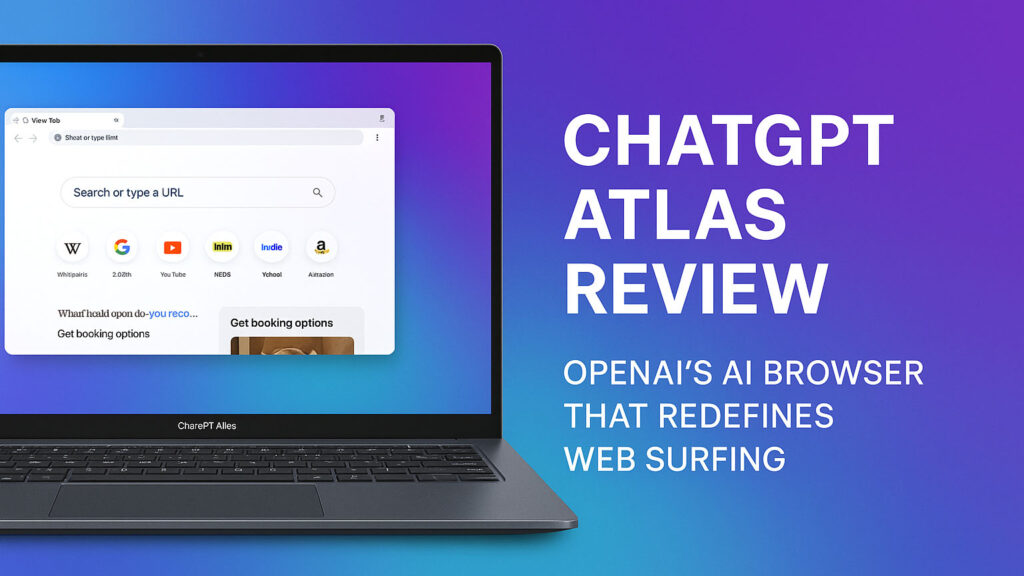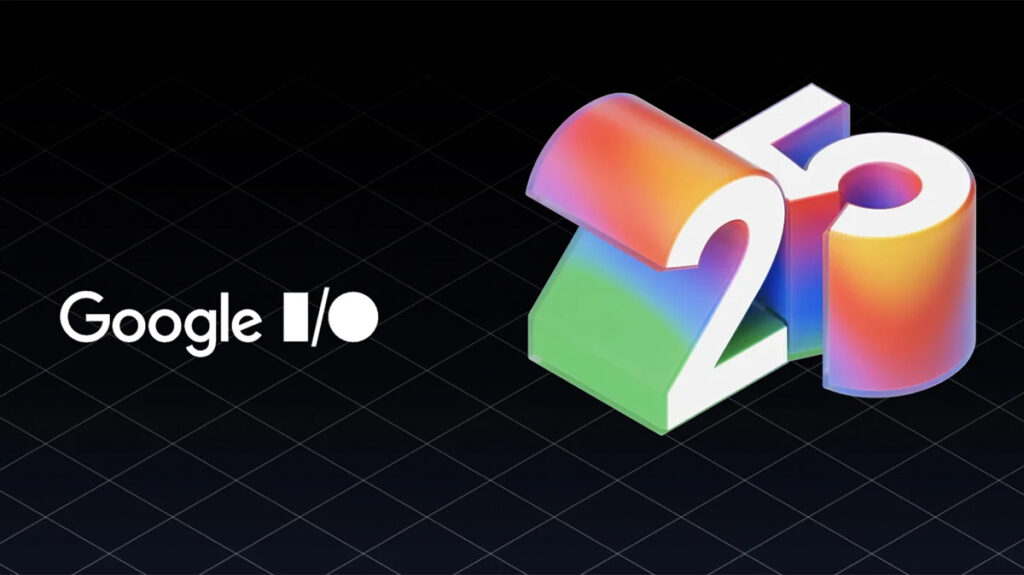Ever wished your browser could actually think with you?
OpenAI just made that happen.
On October 21, 2025, the company behind ChatGPT launched something big — ChatGPT Atlas, a next-generation AI-powered web browser built to make online browsing smarter, faster, and more intuitive.
And within just a day of launch, it’s already the talk of the internet. Tech forums, Reddit threads, and X (formerly Twitter) are buzzing with one big question:
Is Atlas the beginning of a new era in web browsing — or just another shiny experiment?
Let’s find out.
What Exactly Is ChatGPT Atlas?
At first glance, Atlas looks like a normal browser. But it’s much more than that.
Built on Chromium (the same engine that powers Google Chrome), ChatGPT Atlas seamlessly weaves ChatGPT’s intelligence into your browsing experience. It understands the page you’re on, helps with tasks, summarizes information, and can even automate steps — all without leaving your current tab.
OpenAI calls it a “super-assistant for the web” — one that doesn’t just show information, but helps you use it.
In short, Atlas aims to transform the web browser from a passive tool into an active AI companion.
And it’s entering a competitive space. Tools like Perplexity’s Comet and The Browser Company’s Dia have already tried blending search with AI. But Atlas has one major advantage — it’s deeply integrated with ChatGPT’s ecosystem, including ChatGPT Search and the new Agent Mode.
Key Features That Make Atlas Stand Out
Atlas isn’t just ChatGPT inside a browser — it’s an entire rethinking of what browsing should feel like.
Here are the features that make it shine:
All of this makes Atlas feel less like a traditional browser and more like a personal web assistant — the kind that remembers, reasons, and reacts.
Availability and Platforms
As of now, ChatGPT Atlas is available worldwide on macOS for Free, Plus, Pro, and Go users. Business accounts are in beta, while Enterprise and Education users can access it if their admins enable it.
You can download it from chatgpt.com/atlas and import your bookmarks, passwords, and history from Chrome or other browsers.
OpenAI says Windows, iOS, and Android versions are on the way — a staged rollout designed to gather feedback before expanding globally.
Tight Integration with ChatGPT
One of Atlas’s biggest selling points is how naturally it connects with ChatGPT.
Your chats, memory, and preferences sync across platforms, so if you’re already using ChatGPT, you’ll feel right at home.
Agent Mode builds directly on ChatGPT’s agent system, offering faster, context-aware automation. Even parental controls and memory settings carry over — and you can toggle off any features you don’t want.
Basically, Atlas blurs the line between “browser” and “assistant.”
Privacy, Safety & User Control
OpenAI made a point of emphasizing privacy this time.
Atlas includes:
Agent Mode is also sandboxed for safety — it can’t run code, download files, or access financial data. When you’re on banking sites, it automatically pauses.
Still, privacy experts are keeping a close eye. Some warn that combining browsing data with chatbot history could open new concerns. So far, though, Atlas seems transparent and user-first in its approach.
What Users Are Saying So Far
Since launch, Atlas has sparked both excitement and skepticism.
On X, one user wrote:
“Having ChatGPT built right into the browser completely changes how I research and work. It’s like my browser finally gets me.”
Another called it the start of a “post-URL era” — where the browser becomes the agent.
But not everyone’s sold. Some early testers complained about missing features (like ad blockers, model switching, or developer tools) and occasional bugs with long sessions.
Tom’s Guide praised its productivity tools and “clean interface,” while Android Authority called it “fast, stable, and refreshingly uncluttered.”
A few YouTubers, however, dismissed it as a “cool concept that’s not quite ready to replace Chrome.”
On Reddit, conversations are more divided — some see it as a privacy tradeoff for convenience, others as a glimpse of the AI future we’ve been waiting for.
How It Compares to Other AI Browsers
Atlas isn’t the first to blend AI with browsing — but it might be the most refined.
The consensus? Atlas offers the best overall AI experience, but there’s room to grow — especially in developer tools and customization.
The Road Ahead
OpenAI isn’t stopping here.
Future updates will include:
In other words, Atlas is just the start. OpenAI clearly sees it as the foundation for the “agentic web” — a future where AI quietly takes care of the busywork while you focus on what matters.
Final Thoughts: Is Atlas the Future of Browsing?
OpenAI’s ChatGPT Atlas is easily one of the most ambitious browser releases in years.
It’s sleek, smart, and genuinely different — turning the browser into something that thinks with you, not just for you.
Sure, it’s not perfect yet. But if you’re already a ChatGPT user, this is an exciting leap forward.
For now, it’s available only on macOS, but it’s already hinting at what the next generation of browsing could feel like — more personal, more conversational, and far more capable.
Atlas doesn’t just help you browse the web — it helps you get things done on it.


